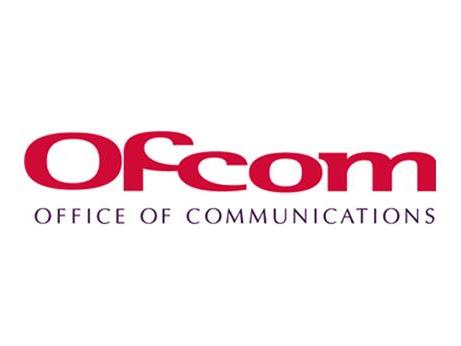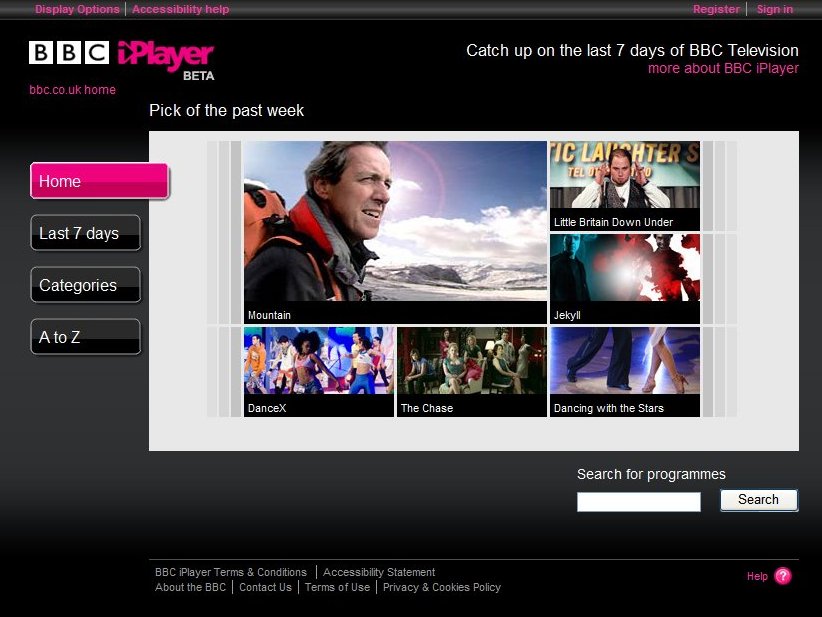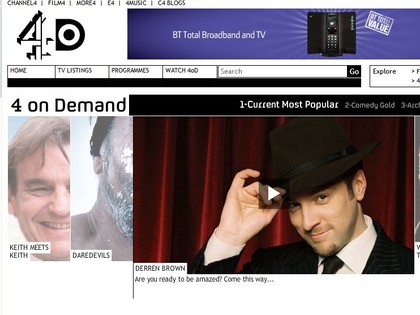The truth behind regulating the iPlayer
Ofcom's new online proposals spelled out

Ofcom this week announced it is in consultation to regulate the content on the many VOD services available on the web and through our set-top boxes – including the iPlayer, 4OD and Sky Player.
What this essentially means is that a number of standards will be put in place which make sure that video content shown through the internet – regardless of what broadcaster it comes from – adheres to a number of rules.
The rules will likely state that content shouldn't contain any incitement to hatred based on race, sex, religion or nationality. And if the content is not suitable for minors, then there has to be some sort of age restriction process.
Interestingly, the system is to be co-regulated by the ASA (Advertising Standards Agency) who will ensure similar guidelines are met and that product placement within the video is subject to conditions laid down in the AVMS Directive. This is the Audiovisual Media Services Directive currently in place within the EU.
This new scheme will have wide-reaching implications for how internet-based content is classified, and could well mean big changes to web video throughout Europe.
Ofcom has pencilled in a date of 19 December for these regulations to come into force, which is quite a short space of time to regulate video on the internet in the UK (a similar thing is also happening with Ofcom's equals in France and the rest of Europe).

IPLAYER CLASSIFIED: Ofcom wants a standard put in place for online TV
Sign up for breaking news, reviews, opinion, top tech deals, and more.
TechRadar was present at this year's Westminster eForum, and managed to glean a few more bits of information about the proposal set out by Ofcom.
Jeremy Olivier, Head of Multimedia at Ofcom, was one of the guests at the event and he tried to shed some light on to just what is happening.
"Content on the internet is open. And while this is a very good characteristic as it brings freedom of speech, it does bring about problems for regulators," he explained.
"Content regulation relies on broadcasters and the reaction of audiences. This means that broadcasters are required to make editorial judgements as to whether a programme is unsuitable for children. If it is then they should not broadcast it before 9pm. But who does this for the internet?
"The watershed only works if audiences know about it and act upon it – if parents regulate children's TV use after 9pm.
"At the moment, all broadcast channels are subject to regulation, whether by Ofcom or a counterpart in the EU. This means there is some sort of consistency.
"As the internet is a global medium, we have a problem with regulation. We can't ask people to follow watershed rules, as whose 9pm is it anyway?"

4OD REGULATED: Channel 4's VOD service is name-checked by Ofcom
Olivier pointed out there were a number of ways in which the internet could be regulated, but he also dismissed one of them straight away: giving ISPs control.
"We shouldn't be giving regulatory responsibility to ISPs," he noted. "They are not broadcasters. They aren't editorial decision makers, they carry data.
"The countries who do this: Australia, China – their focus is not to regulate access to children but block access to illegal content which is quite different."
This brings us to the idea that Ofcom is suggesting, which is regulating web-based video as much as possible.
"The most important effect of the directive is to require that all VOD services must apply to some regulatory standard," Olivier explained.
"This applies to all services, whether on the TV platform or the internet. The directive focuses attention on those who are editorially responsible for the content.
"This will mean that consumers will know when they expect regulatory control and when they do not."

Marc Chacksfield is the Editor In Chief, Shortlist.com at DC Thomson. He started out life as a movie writer for numerous (now defunct) magazines and soon found himself online - editing a gaggle of gadget sites, including TechRadar, Digital Camera World and Tom's Guide UK. At Shortlist you'll find him mostly writing about movies and tech, so no change there then.